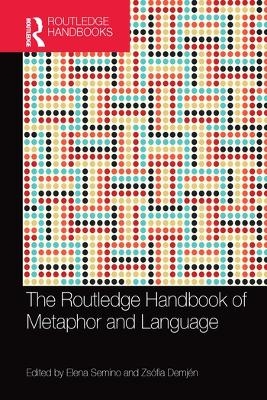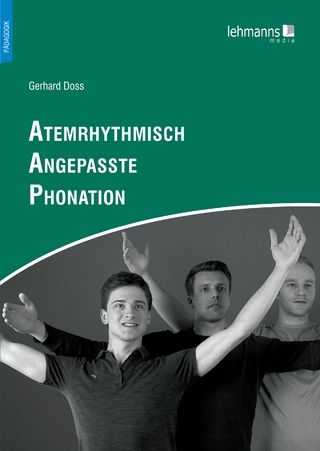
The Routledge Handbook of Metaphor and Language
Routledge (Verlag)
978-0-367-58142-8 (ISBN)
The Routledge Handbook of Metaphor and Language provides a comprehensive overview of state-of-the-art interdisciplinary research on metaphor and language. Featuring 35 chapters written by leading scholars from around the world, the volume takes a broad view of the field of metaphor and language, and brings together diverse and distinct theoretical and applied perspectives to cover six key areas:
Theoretical approaches to metaphor and language, covering Conceptual Metaphor Theory, Relevance Theory, Blending Theory and Dynamical Systems Theory;
Methodological approaches to metaphor and language, discussing ways of identifying metaphors in verbal texts, images and gestures, as well as the use of corpus linguistics;
Formal variation in patterns of metaphor use across text types, historical periods and languages;
Functional variation of metaphor, in contexts including educational, commercial, scientific and political discourse, as well as online trolling;
The applications of metaphor for problem solving, in business, education, healthcare and conflict situations;
Language, metaphor, and cognitive development, examining the processing and comprehension of metaphors.
The Routledge Handbook of Language and Metaphor is a must-have survey of this key field, and is essential reading for those interested in language and metaphor.
Elena Semino is Professor of Linguistics and Verbal Art and Head of the Department of Linguistics and English Language at Lancaster University, UK. She also holds a Visiting Professorship at Fuzhou University in China. Zsófia Demjén is Senior Lecturer in Applied Linguistics at UCL Institute of Education, University College, London.
Introduction: Metaphor and language
Section 1: Theoretical approaches to metaphor in language
1. Conceptual metaphor theory
2. Figurativeness, conceptual metaphor and blending
3. Relevance theory and metaphor
4. Metaphor, language, and dynamical systems
Section 2: Methodological approaches to metaphor in language
5. Identifying metaphors in language
6. Finding systematic metaphors
7. From linguistic to conceptual metaphors
8. Corpus-linguistic approaches to metaphor analysis
9. Analysing metaphor in gesture: A set of metaphor identification guidelines for gesture (MIG-G)
10. Analysing metaphors in multimodal texts
Section 3: Formal variation of metaphor in language
11. Metaphor and parts-of-speech
12. Textual patterning of metaphor
13. Genre and metaphor: use and variation across usage events
14. Creative metaphor in literature
15. Conventional and novel metaphors in language
16. Metaphor and diachronic variation
17. Metaphor in translation
18. Metaphor in Sign language
Section 4: Functional variation of metaphor in language
19. Metaphor use in educational contexts: functions and variations
20. Metaphor and the representation of scientific issues: climate change in print and online news
21. Metaphor and persuasion in politics
22. Metaphor and persuasion in commercial advertising
23. Metaphor and story-telling
24. Metaphor, impoliteness, and offence in online communication
Section 5: Applications/Interventions: using metaphor for problem solving
25. Using metaphor in healthcare: mental health
26. Using metaphor in healthcare: physical health
27. Using metaphor as a management tool
28. Using metaphor in the teaching of second/foreign languages
29. Using metaphor for peace-building, empathy, and reconciliation
30. Using metaphor to influence public perceptions and policy: Or, how metaphors can save the world
Section 6: Language, metaphor and cognitive development
31. Metaphor processing
32. Psycholinguistic approaches to metaphor acquisition and use
33. Metaphor acquisition and use in individuals with neurodevelopmental disorders
34. Metaphor comprehension and production in a second language
35. Metaphors for language and communication
| Erscheinungsdatum | 01.07.2020 |
|---|---|
| Reihe/Serie | Routledge Handbooks in Linguistics |
| Verlagsort | London |
| Sprache | englisch |
| Maße | 174 x 246 mm |
| Gewicht | 980 g |
| Themenwelt | Geisteswissenschaften ► Sprach- / Literaturwissenschaft ► Sprachwissenschaft |
| ISBN-10 | 0-367-58142-6 / 0367581426 |
| ISBN-13 | 978-0-367-58142-8 / 9780367581428 |
| Zustand | Neuware |
| Haben Sie eine Frage zum Produkt? |
aus dem Bereich


